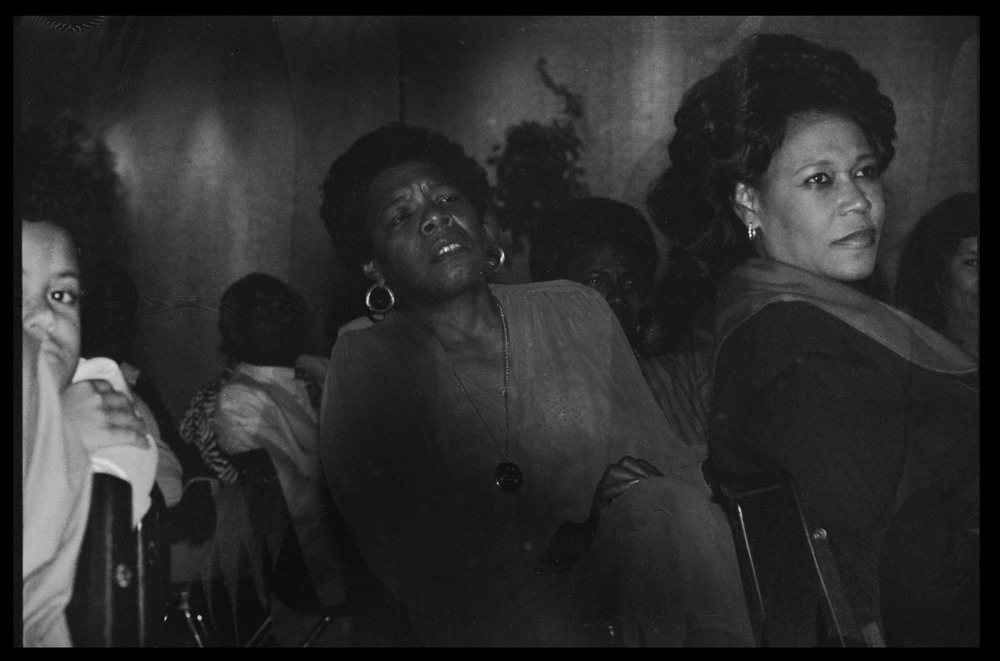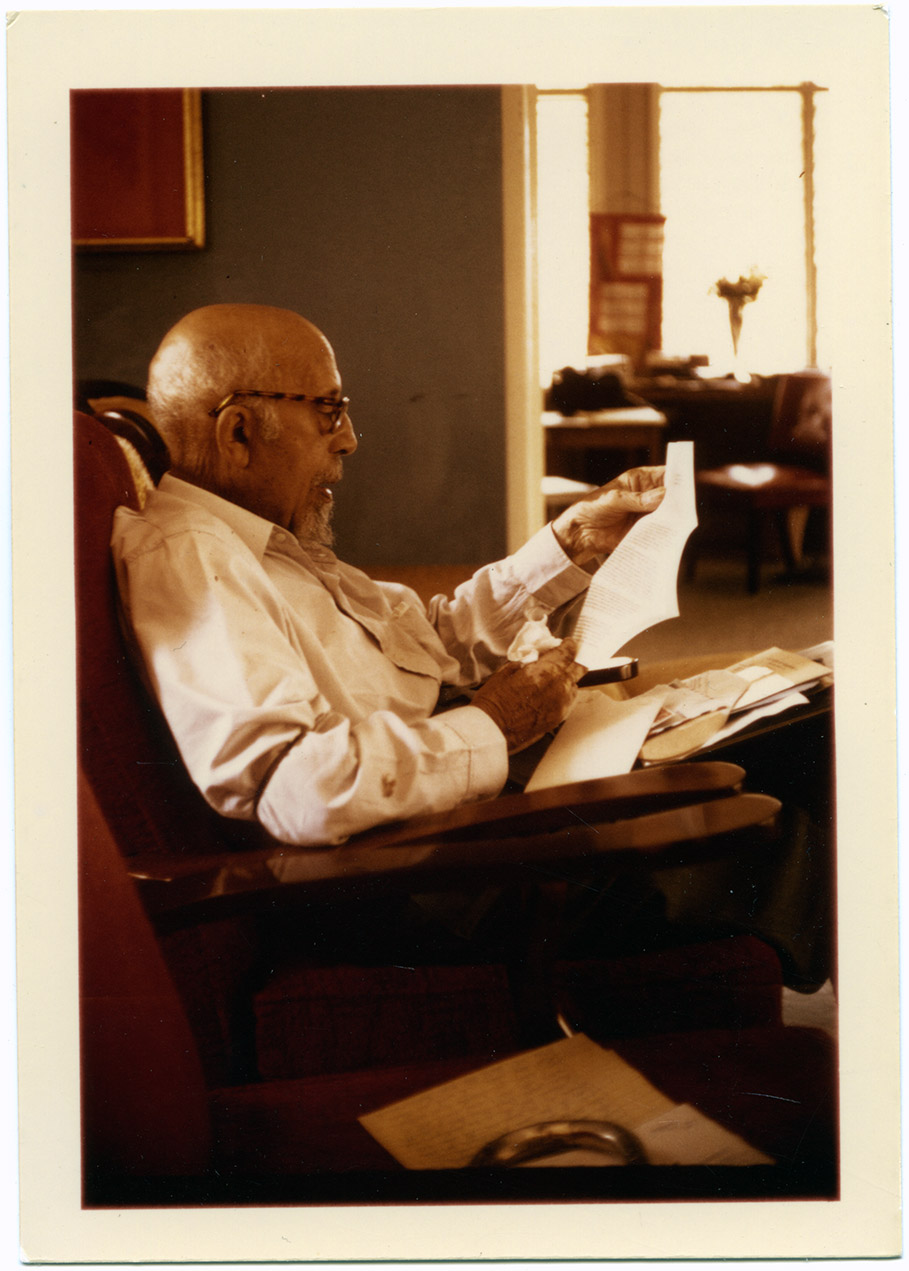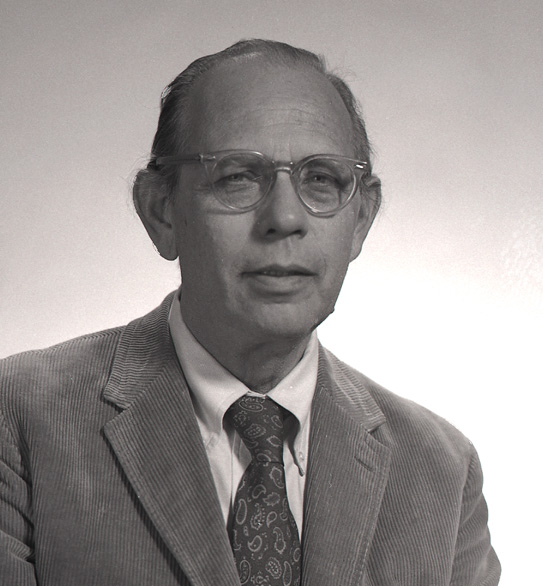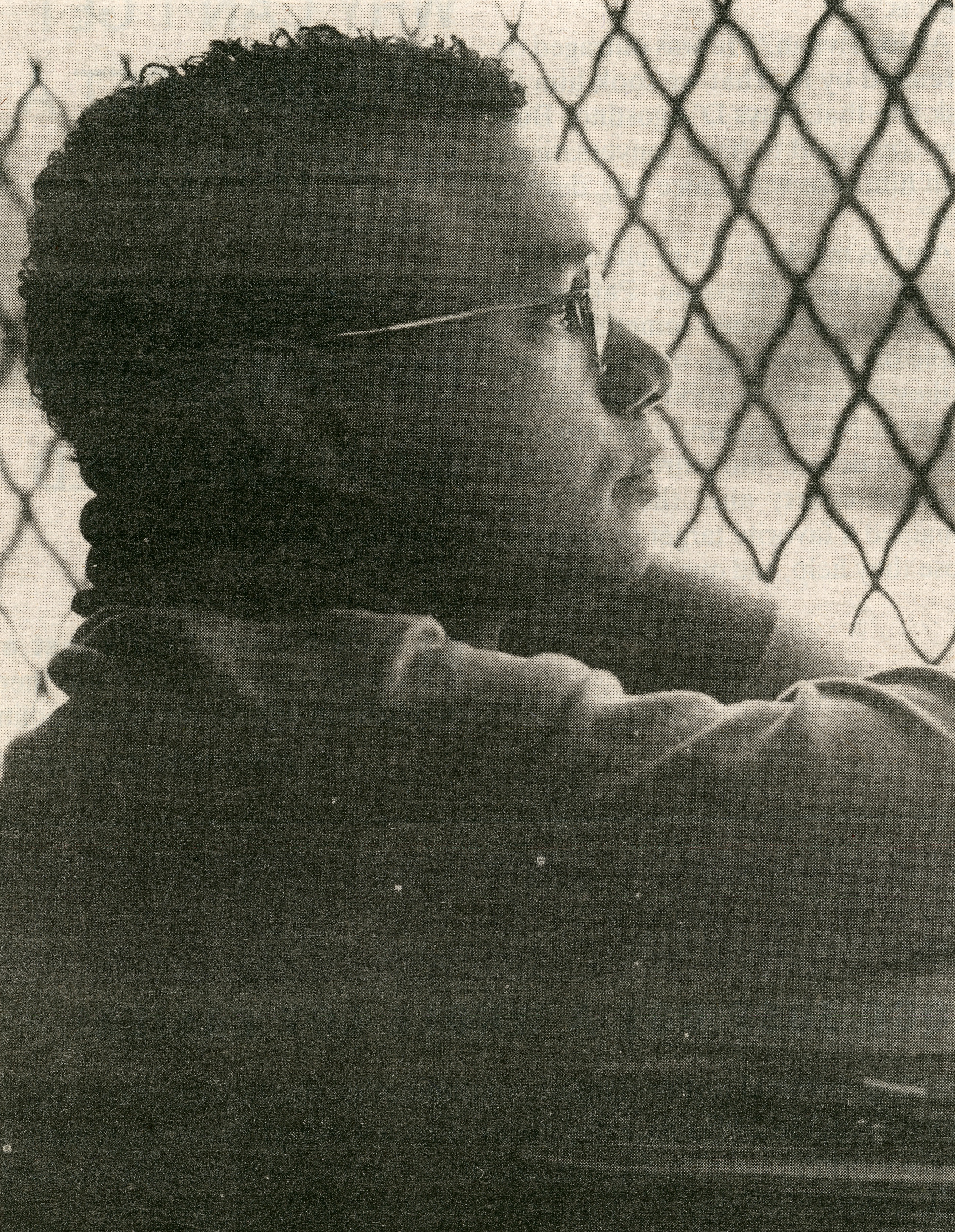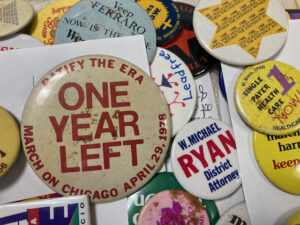International Oil Working Group Collection
The International Oil Working Group (IOWG) is one of a number of organizations that worked to implement an oil embargo initiated by the United Nations General Assembly against South Africa to protest the country’s policies of apartheid. The IOWG grew out of the Sanctions Working Group established in 1979. Although the nature and timing of the change in names is unclear, it appears that Dr. Teresa Turner was instrumental in the formation of both groups and was primarily responsible for their organization and administration. Other directors included Luis Prado, Arnold Baker and Kassahun Checole. While the group was loosely organized, it maintained the basic structure of a special advisory board with a pool of research associates. Primary activities involved researching topics related to the oil embargo; writing papers for regional, national, and international conferences; giving testimony at UN meetings; providing information to governments, unions and other groups committed to aiding in the implementation of the oil embargo; lecturing to students and members of the community on the subject of sanctions against South Africa; and collaborating with the UN Center Against Apartheid. Research topics included tanker monitoring to detect and expose those shipping companies that broke the embargo; the energy needs in those countries in southern Africa which depend upon South Africa to meet some of their energy demands; ways to effectively implement and enforce the oil embargo; trade union action by oil transport workers; Namibian independence and decolonization; and underground oil storage in South Africa.
Collection consists of administrative papers including financial records, minutes and association history materials; correspondence; printed materials produced by the IOWG; conference files; UN documents relating to South Africa and sanctions; and reference materials, including published reports, news clippings, newsletters and journals, related to oil shipping, tanker information and South African economic and political activity generally.


